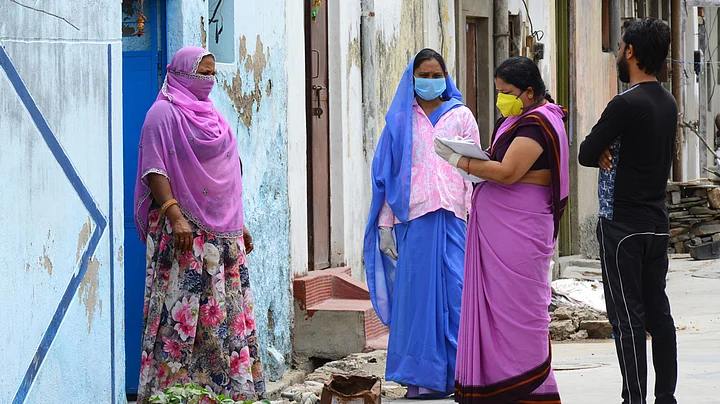The COVID-19 pandemic is threatening to women's health, a new report by the United Nations Population Fund (UNFPA) reveals.
As most women self-isolate in fear of the coronavirus and due to the lockdown imposed by various countries, more than 47 million of them could face a shortage of contraceptives, leading to 7 million unintended pregnancies in the next few months.
The data released by the United Nations sexual and reproductive health agency show that a large number of women will not be able to access family planning. Other dangerous practices such as gender-based violence could also skyrocket by millions of cases.
Due to coronavirus, many women choose to skip important medical checkups. Besides, many healthcare services are disrupted too as health care is overburdened in order to fight COVID-19. This will lead to a "calamitous impact" on women’s health.
The UNPF data shows the more the lockdown is extended, the number of cases of violence and unintended pregnancy will rise. Here are the key findings of the report:
47 million women in 114 low and middle income countries may not be able to access modern contraceptives and 7 million unintended pregnancies are expected to occur if the lockdown carries on for 6 months.
For every 3 months the lockdown continues, up to an additional 2 million women may be unable to use modern contraceptives.
31 million additional cases of gender-based violence can be expected to occur if the lockdown continues for at least 6 months.
For every 3 months the lockdown continues, an additional 15 million extra cases of gender-based violence are expected.
Female genital mutilation in response to COVID-19, 2 million female genital mutilation cases may occur over the next decade that could have been averted.
COVID-19 will disrupt efforts to end child marriage, potentially resulting in an additional 13 million child marriages taking place between 2020 and 2030 that could otherwise have been averted.
Dr. Natalia Kanem, UNFPA Executive Director says, "The pandemic is deepening inequalities, and millions more women and girls now risk losing the ability to plan their families and protect their bodies and their health”.
She further adds,
“Women’s reproductive health and rights must be safeguarded at all costs. The services must continue; the supplies must be delivered; and the vulnerable must be protected and supported."

